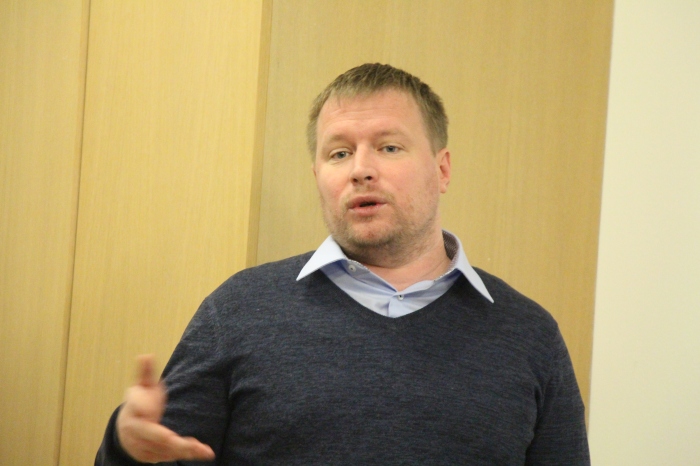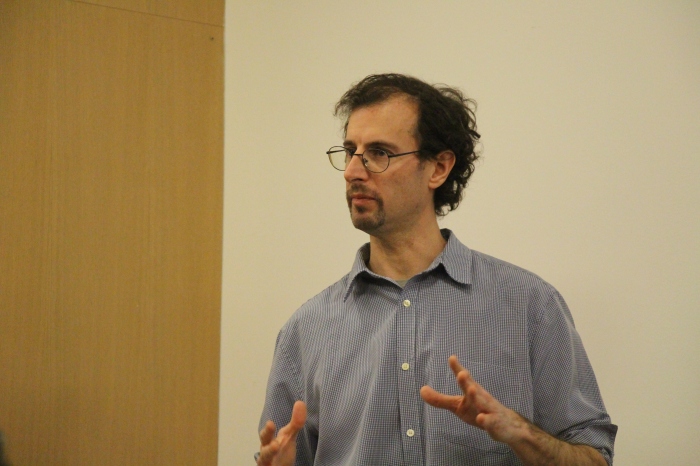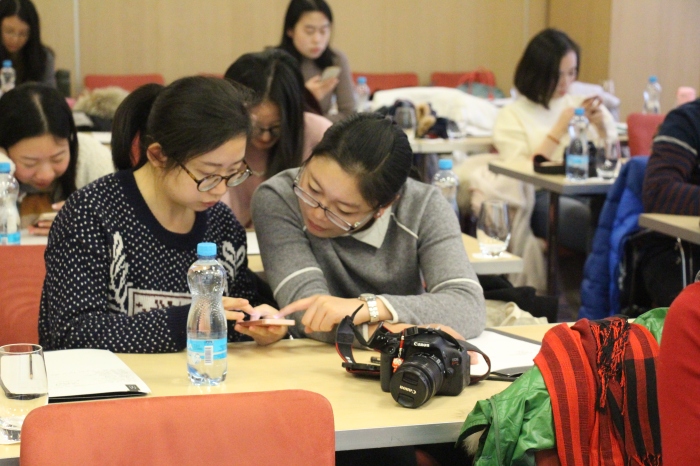


Wendy Funes is from Honduras, one of the most dangerous places in Central America to be a journalist. She does not speak English, and her network of friends and connections is not big. She does not have bank account either. But she is very passionate in doing investigative journalism. In fact, she even faked her death once to prove that getting important documents such as death certificate is very easy in her country. She needed funds for her investigative work, and she had a hard time getting benefactors from crowdfunding websites because she lacked “appeal.”
Funes and her like is what Press Start works for. Per its website, Press Start is a crowdfunding platform designed specifically to support journalists where the press cannot report freely and it aims to revolutionize the way independent journalism is funded in the developing world and countries in transition.
In a talk co-organized by Hong Kong Baptist University (HKBU) School of Communication and Transitions Online (TOL), a Europe-based non-profit organization, TOL Executive Director Jeremy Druker and Press Start Project Leader Jaroslav Valuch shared their experiences and lessons learned in crowdfunding journalism to the Taught Postgraduates student-participants of Europe study tour in Prague, Czech Republic last Jan. 3, 2017.
Druker said that journalists from Third World countries usually don’t enjoy the same privilege the American journalists have in terms of crowdfunding, particularly in United States-based platforms, as donors prefer the latter because they already have solid base of networks. Institutions, such as Press Start, also get low donation throughput because benefactors think they already have money to finance projects.
“Individuals receive funds more easily compared to institutions because they have ‘face’ and donors easily trust them,” he said.
Valuch, on the other hand, shared some tips on how to become successful with crowdfunding journalism projects, and how to sustain it after the launch.
Both speakers said that the month before the launch is the most crucial as project proponents need to beef up their marketing and promotion skills to ensure the success of the campaign. They suggested that donors, particularly those who personally know the beneficiaries, should put at least 20 percent of the fund needed to steer more donations. And unlike other crowdfunding platforms, Press Start augments finances from their general fund to beneficiaries who fell short of target amount.
The speakers said the success of their campaign gave independent journalists from countries where media is oppressed the chance to be heard by the rest of the world and contribute to the development of the society.
In the end of the talk, the guests encouraged the HKBU students to spread awareness of their advocacy when they go back home and find journalists who can be helped by the crowdfunding platform.
As for Funes, she was able to raise the $1,120 fund needed through Press Start to write the story about the alleged cover-up of local officials on the series of gang rapes of young women.